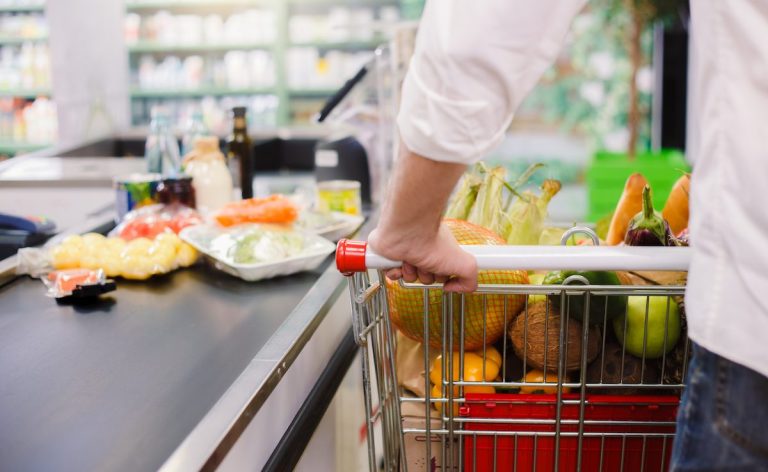Trigo Raises $100M as Investors See Room for Improvement in Cashierless Checkout

Israel-based frictionless checkout tech provider Trigo announced Wednesday (Oct. 26) that it has raised $100 million that it intends to use to take in existing rivals that are seeing mixed uptake in the cashierless category.
The tech company, which has worked with major grocers including Tesco, Aldi and Wakefern, plans to use the money to expand geographically to build out its StoreOS software for inventory tracking, store management and data collection.
“By opening multiple autonomous stores with five of the world’s leading grocery retailers, we have proven that we can deploy computer-vision and [artificial intelligence (AI)] to empower physical stores with the same kinds of insights and capabilities that eCommerce stores have,” Michael Gabay, Trigo co-founder and CEO, said in a statement.
Gabay said the investment will allow Trigo to build on its success and focus on “three core initiatives: expanding our autonomous retail platform, building increasingly larger stores, and executing a pipeline of contracted stores around the world.”
In an interview with PYMNTS last year, Yair Holtzer, vice president of business development at Trigo, said that by removing friction from the in-store experience, cashierless checkout can boost loyalty, traffic, basket size and conversion.
In the hopes of seeing such benefits, many major grocers are trying their own next-gen self-service options. Kroger, the United States’ leading pure-play grocer, has been trying out several such technologies, including belted self-checkout lanes for larger purchases and KroGo smart carts powered by Instacart subsidiary Caper.
Amazon, for its part, has been rolling out its “Just Walk Out” cashierless checkout system at its Amazon Fresh and Whole Foods Market stores, in addition to licensing the technology to other businesses ranging from grocery and convenience stores, such as United Kingdom grocery chain Sainsbury’s, to sports stadiums, such as the Houston Astros’ Minute Maid Park. Plus, beyond licensing out the technology itself, the company has been offering data gathered from these locations to offer its Store Analytics option to brands for marketing purposes.
Walmart, the largest grocery retailer in the country, has been offering Scan & Go pay-as-you-go own-device self-service via its mobile app at its own-brand stores and via the Sam’s Club app at its warehouse club subsidiary.
Yet not all grocers’ self-checkout efforts have proven successful. Last month, Wegmans, a regional supermarket chain with more than 100 East Coast stores, announced that it was shutting down its SCAN app, which offered its own version of scan-and-go self-service. The company cited losses related to the system.
Additionally, in the U.K., Amazon has hit pause on the rollout of its Just Walk Out Amazon Fresh stores, according to an August report, with stores struggling to sell enough to outweigh the high cost of the technology.
However, there is significant consumer demand for self-checkout. Research from the PYMNTS study “Today’s Self-Service Shopping Journey: The New Retail Expectation,” which was created in collaboration with Toshiba Global Commerce Solutions and drew from a survey of more than 2,000 U.S. adults, found that one in three consumers had used self-checkout options for their most recent in-store grocery purchase. The data revealed that the top reason consumers chose self-checkout was that they wanted a quicker purchasing experience, and the second most popular reason was that they did not want to wait in line.
For all PYMNTS retail coverage, subscribe to the daily Retail Newsletter.